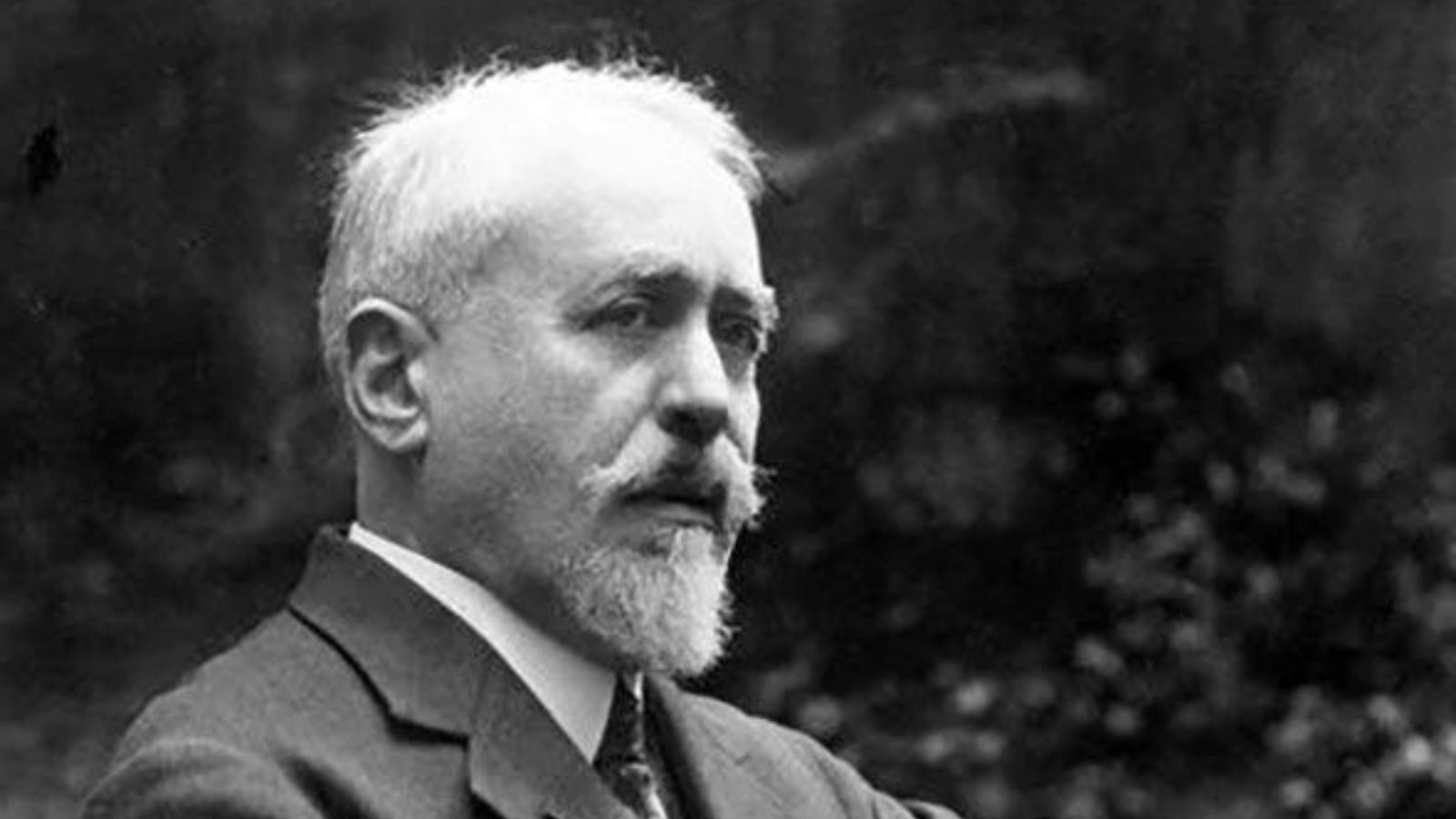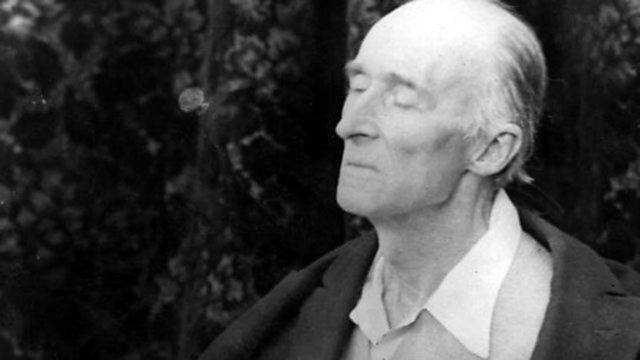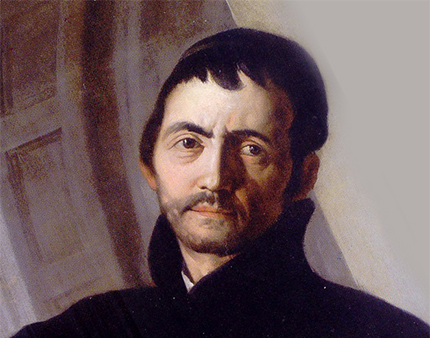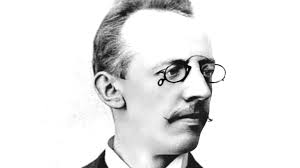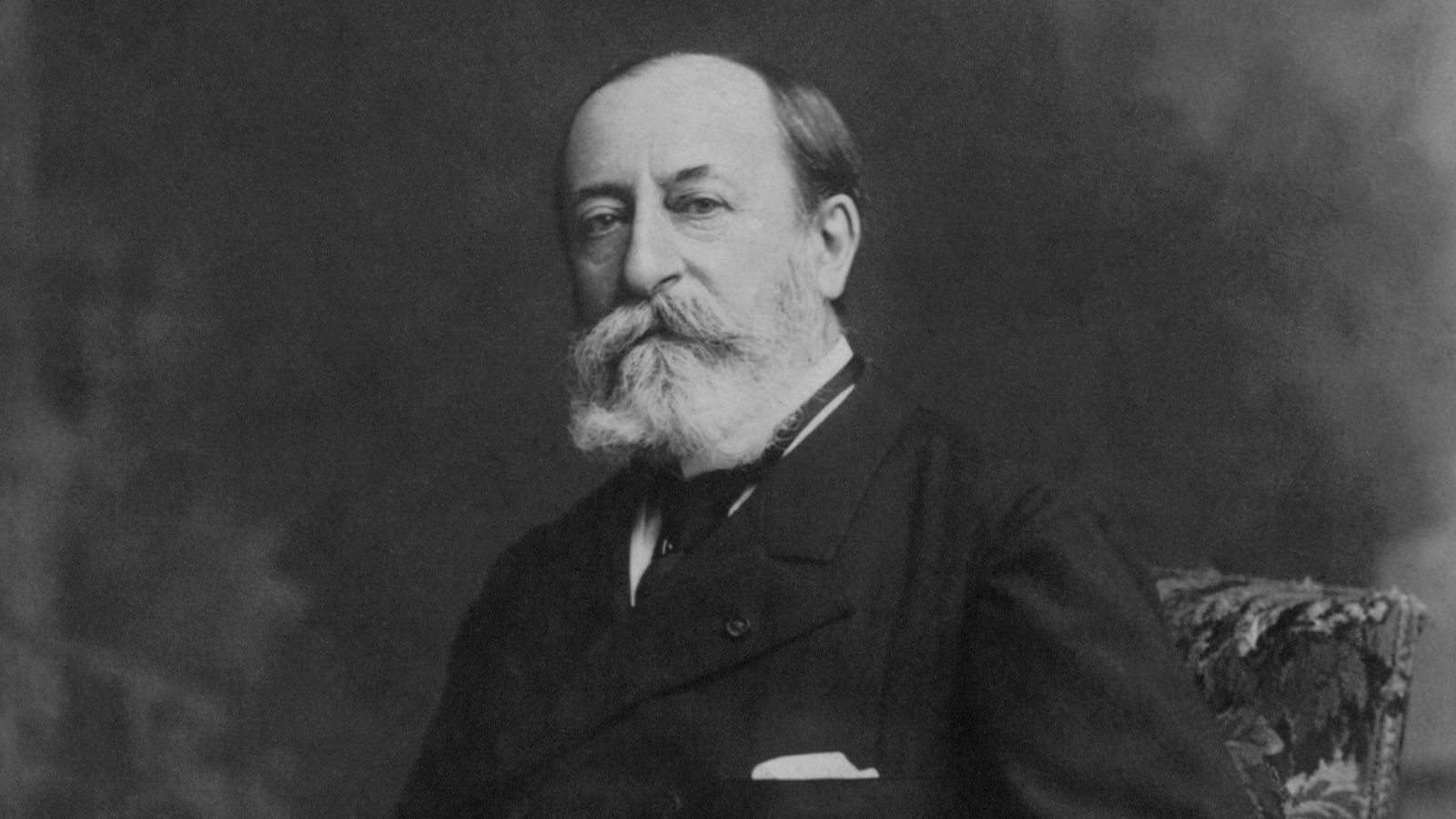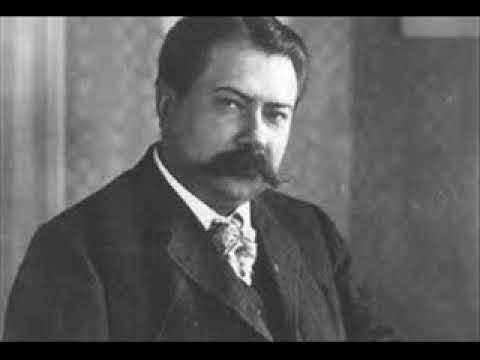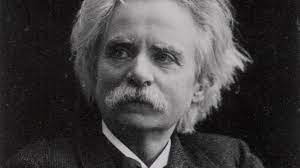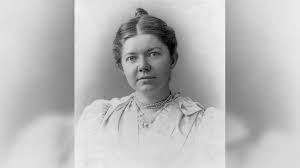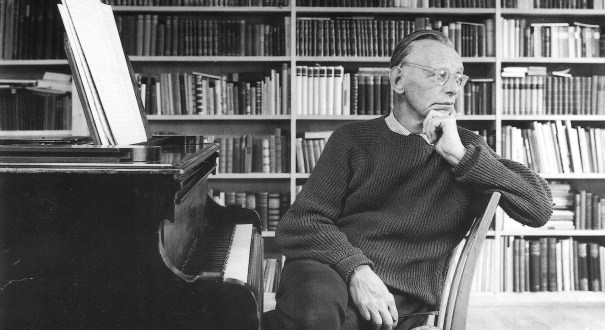Paul Dukas, a luminary in the realm of classical music, was born on October 1, 1865, in Paris, France. His life, though less prolific in output compared to some of his contemporaries, left an indelible mark on the world of music through his compositions and his influence on subsequent generations.
From an early age, Dukas displayed an aptitude for music, studying piano with some of the finest instructors in Paris. His exceptional talent soon led him to the Paris Conservatoire, where he studied composition with notable figures such as Théodore Dubois and Emmanuel Chabrier. It was during this time that his compositional prowess began to emerge, showing glimpses of the genius that would later define his career.
Frederick Delius, a luminary of late Romanticism in classical music, was born on January 29, 1862, in Bradford, Yorkshire, England. His life story is as intriguing as his music, characterized by a relentless pursuit of artistic freedom and a deep connection to nature.
Delius was born into a prosperous mercantile family, but his passion lay in music, much to his parents' dismay. Despite their hopes for him to join the family business, Delius left for Florida in the United States at the age of 22 to manage an orange plantation. However, his time there was more dedicated to music than agriculture. He absorbed the sounds of African American music and the ambiance of the lush landscape, which would later influence his compositions profoundly.
Vítězslav Novák stands as one of the most significant figures in Czech music, his compositions embodying the rich tapestry of his homeland's cultural and musical heritage. Born on December 5, 1870, in Kamenice nad Lipou, Novák's life unfolded against the backdrop of the late 19th and early 20th centuries, marked by political upheavals, artistic revolutions, and a relentless pursuit of musical innovation.
Novák's musical journey began at an early age, displaying a remarkable talent for the piano and composition. His early education at the Prague Conservatory laid the foundation for his future endeavors, where he studied under the tutelage of esteemed composers such as Antonín Dvořák and Josef Suk. Under their guidance, Novák honed his skills and developed a deep appreciation for the folk music traditions of his homeland, which would later influence his compositional style.
1 - Musical Prodigy: Born on October 9, 1835, in Paris, France, Camille Saint-Saëns displayed remarkable musical talent from an early age. He started playing the piano at the age of two and composed his first piece at just three years old.
2 - Prolific Composer: Saint-Saëns was an incredibly prolific composer, leaving behind a vast body of work across various genres. His compositions include symphonies, operas, concertos, chamber music, and works for solo piano and organ.
Tor Aulin, a distinguished Swedish composer, violinist, and conductor, left an indelible mark on the world of classical music with his captivating compositions and profound musicality. Born on September 10, 1866, in Stockholm, Sweden, Aulin's journey towards musical greatness began at a young age.
Aulin's musical talents were evident early on, and he received his first violin lessons from his father, a skilled amateur musician. Recognizing his son's exceptional abilities, Aulin's father ensured that he received proper training, laying the foundation for his future success.
1 - Pioneer of Opera: Claudio Monteverdi (1567-1643) is often hailed as the father of opera. His innovative works, particularly "L'Orfeo" (1607) and "L'incoronazione di Poppea" (1642), marked a significant shift from Renaissance to Baroque music, laying the groundwork for the development of the operatic form.
2 - Versatile Composer: Monteverdi's compositions span various genres, including madrigals, motets, operas, and sacred music. His versatility allowed him to excel in both secular and sacred music, demonstrating his mastery across different styles and forms.
Edvard Hagerup Grieg, born on June 15, 1843, in Bergen, Norway, emerged as one of the most significant composers of the Romantic era. His compositions, deeply rooted in Norwegian folk traditions, captured the essence of his homeland's rugged landscapes and folklore, earning him international acclaim.
Grieg's musical journey began at a young age. Encouraged by his musical family, he received piano lessons from his mother and later studied at the Leipzig Conservatory, where he immersed himself in the works of prominent composers such as Bach, Mozart, and Schumann. Despite the rigorous academic environment, Grieg remained steadfast in his commitment to infuse his compositions with the distinct character of Norwegian music.
Amy Marcy Cheney Beach, born on September 5, 1867, in Henniker, New Hampshire, was a pioneering American composer and pianist of the late 19th and early 20th centuries. From a young age, Amy demonstrated exceptional musical talent, learning the piano from her mother at the age of six and composing her first piece by the age of four.
Despite the societal norms of her time that discouraged women from pursuing professional careers in music, Amy's talent could not be stifled. Encouraged by her mother, she began giving public performances at the age of seven, and by nine, she was already composing waltzes and polkas. Recognizing her extraordinary abilities, her family arranged for her to study in Boston with leading music instructors, including Carl Baermann and Ernst Perabo.
Carl Orff, born on July 10, 1895, in Munich, Germany, emerged as one of the most influential composers of the 20th century, leaving an indelible mark on the world of music with his innovative compositions and pedagogical approach. His life journey was marked by a relentless pursuit of musical excellence and a dedication to fostering creativity in others.
Orff's early years were shaped by his exposure to music through his family. His father, Heinrich Orff, was a distinguished German officer and his mother, Paula Köstler, hailed from a family of scholars and musicians. This rich familial background laid the foundation for Orff's musical development.
